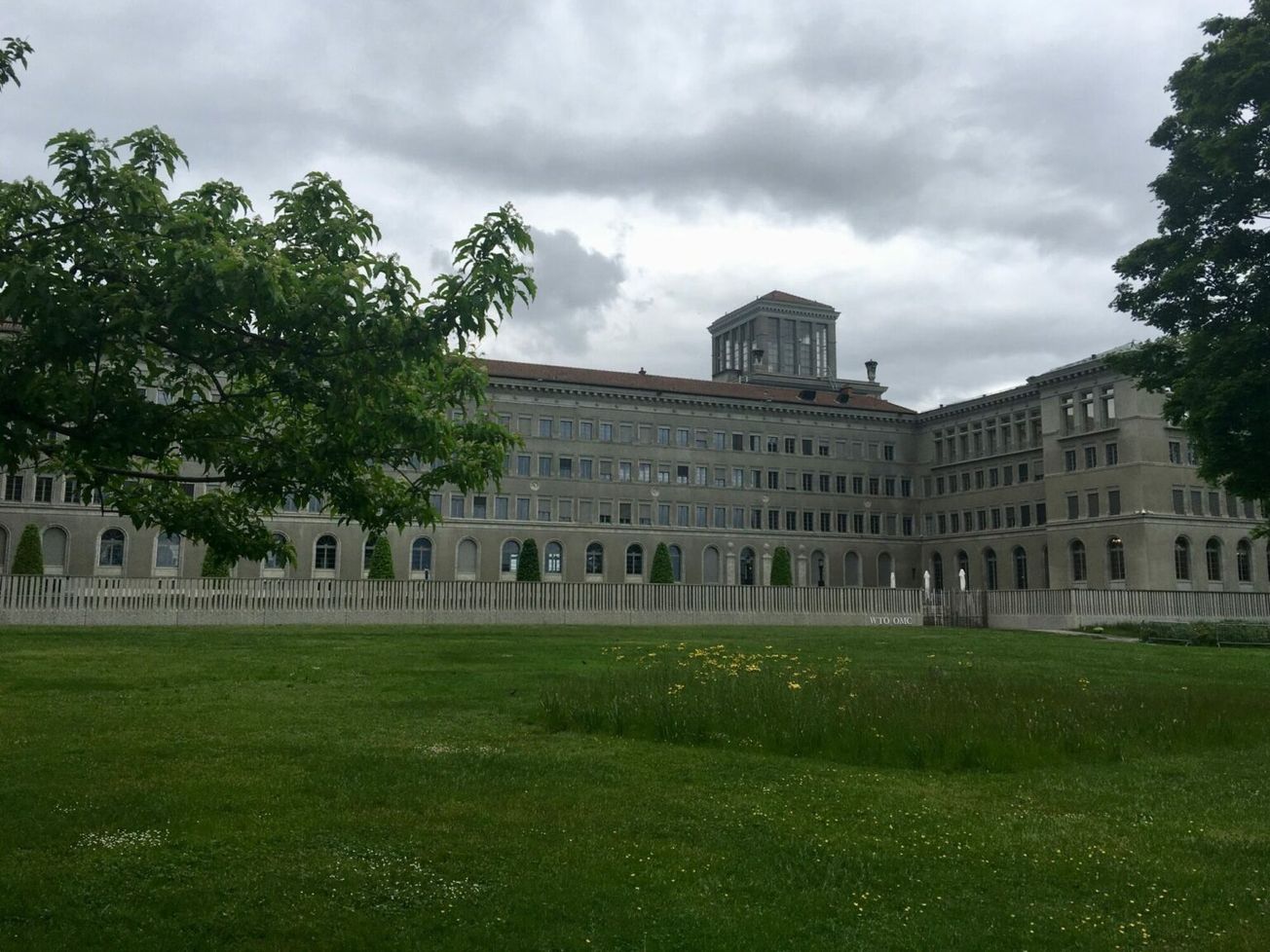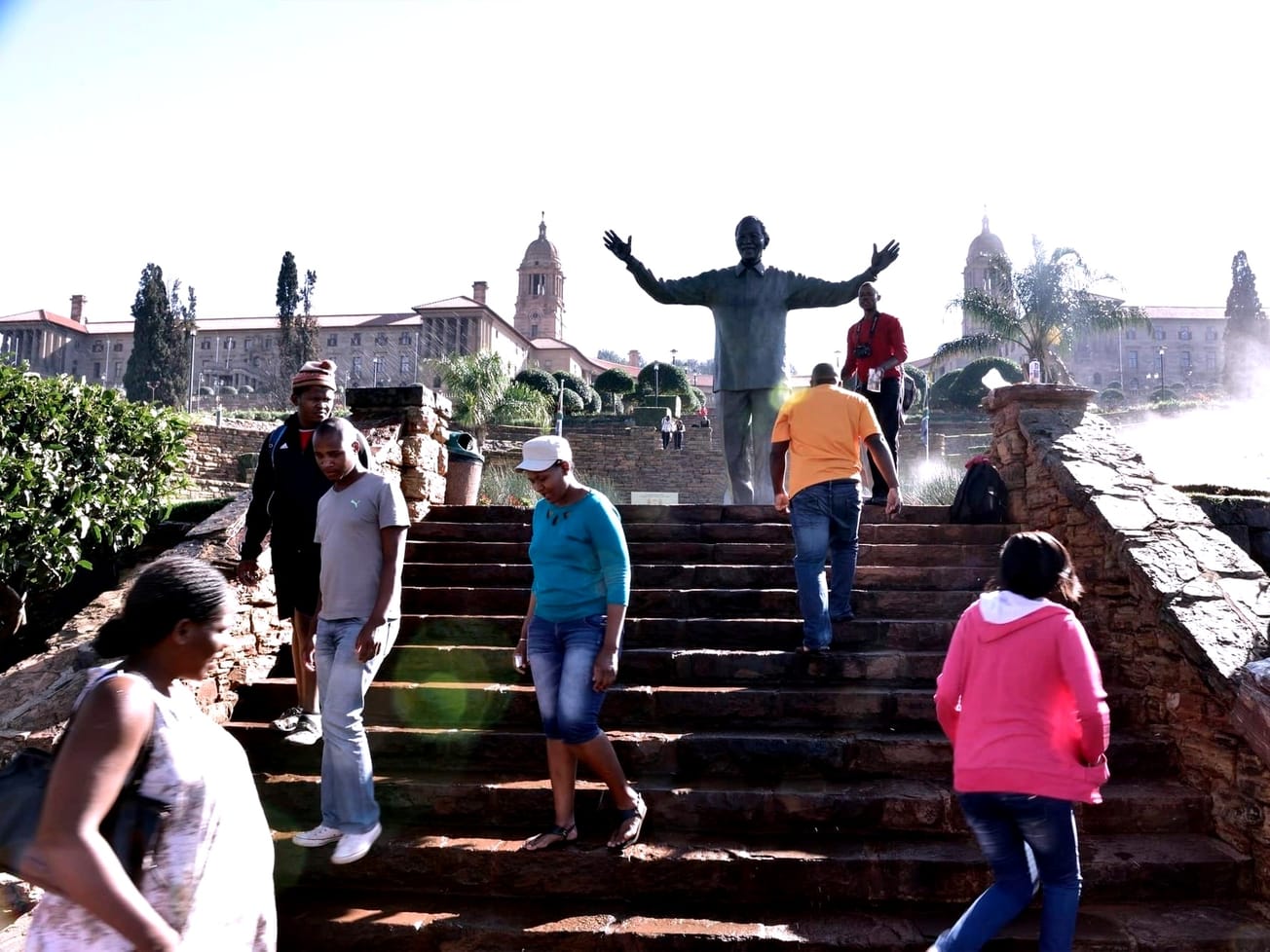GENEVA (AN) — A proposal by South Africa and India for the World Trade Organization to suspend IP protections of COVID-19 vaccines and treatments is set to die down this month, kicking the crucial issue over to 2021.
The two nations asked the 164-nation WTO in October for an annual waiver of parts of the 1995 TRIPS Agreement, a major intellectual property agreement that covers copyright and related rights for music and broadcasting; trademarks and geography, patents, industrial designs and circuit layouts; and commercial trade secrets and test data.







